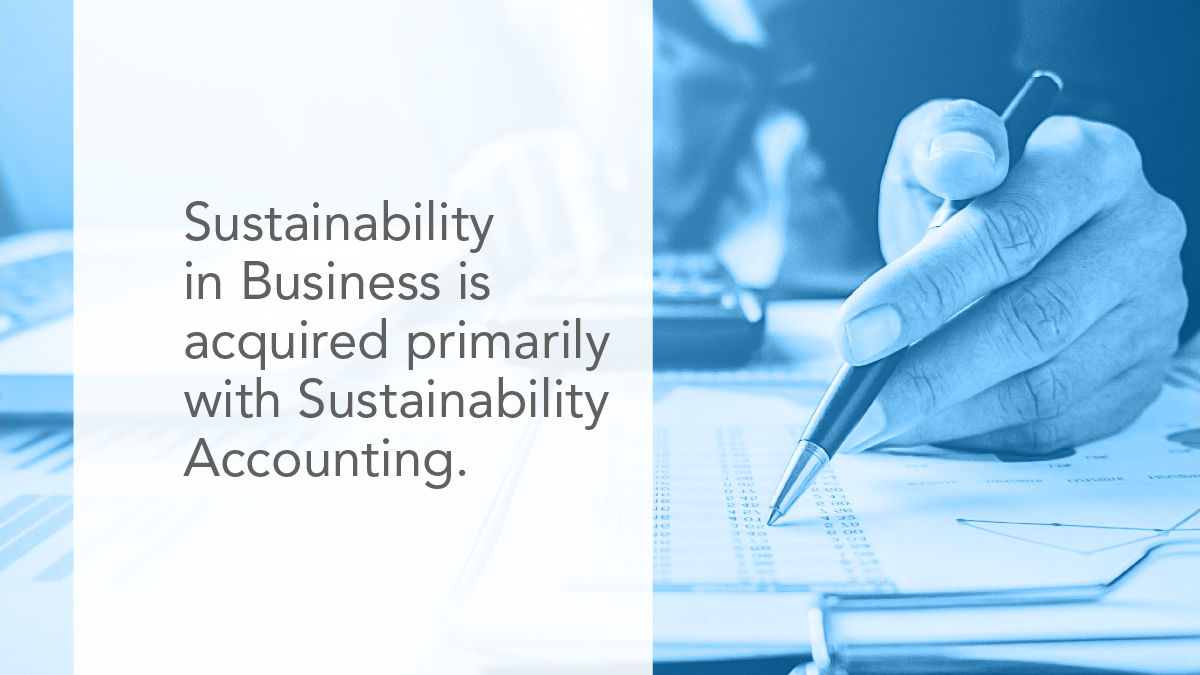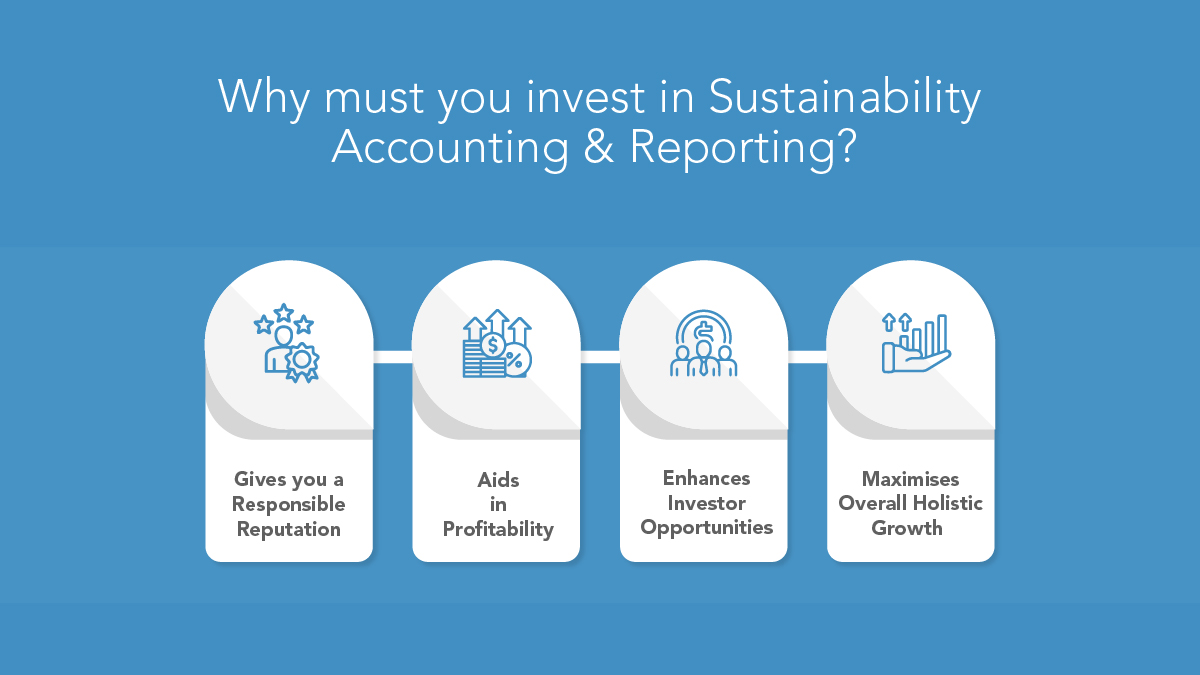Importance of ESG Disclosures and Why Indian Businesses Should Practice Sustainability Reporting Regularly
Sustainability report and its benefits.
The term “sustainability report” refers to a document highlighting a company’s efforts to improve its environmental, social, and governance (ESG) impacts and objectives. It’s a useful tool for monitoring progress toward future objectives and communicating that information to stakeholders in an organization’s economic, social, and governance areas. There may be both qualitative and quantitative indicators of sustainability performance included in reports. Several disclosure frameworks are currently competing to promote universally applicable standards for sustainability reporting in the sustainability reporting industry. Many companies publish such reports voluntarily to update their most important stakeholders on their progress toward achieving their sustainability goals. Accenture and the United Nations Global Compact (UNGC) released a report finding that 80% of C-suite executives feel sustainability can give their company a competitive edge in the global market. These days, certifications and investor interest are virtually impossible to obtain without regularly reporting on sustainability practices.
Why are they important in business?
Companies are under increasing pressure to raise the quality of their reporting as more clients, consumers, and investors rely on indices and performance ratings to make decisions about which brands to support. Therefore, they attract positive attention to their business by publishing an open report on their sustainability achievements and failures from the previous year. This report reveals the company’s business practices and the extent to which it takes environmental, social, and governance (ESG) issues seriously. An organization’s internal operations can also benefit from these reports. What procedures and practices could use improvement can be identified through the study that goes into preparing a proper sustainability report, one that emphasizes openness, accountability, and performance.
Various kinds of ESG Disclosures
- Materiality: The impact of growth on key indicators is calculated through “materiality.” Disclosed information on environmental, social, and governance (ESG) factors is evaluated using a different metric for materiality than is used in traditional financial reporting. In accounting, materiality is strictly associated with profits. Any metric that has a major effect on stakeholders is considered material in ESG disclosures. Stakeholders in an ESG disclosure can range from investors and other interested parties to employees and members of the public as well as the firm itself. This broadens the meaning of “material” in this context.
- ESG Disclosure Frameworks: ESG disclosure frameworks provide a more all-encompassing, objective, and comparative assessment of a company’s ESG strengths and flaws. The following are some examples of the most well-known and trustworthy ESG disclosure standards:
- GRI (Global Reporting Initiative)
- SASB (Sustainability Accounting Standards Board
- CDP (formerly known as Carbon Disclosure Project)
- BRSR (Business Responsibility and Sustainability Reporting)
How to draft a sustainability report?
Even if you’re following a Standard or a Guideline, sustainability reporting requires more than merely ticking off boxes and outlining some activities. Sustainability reporting, in its broadest and deepest sense, entails researching, analyzing, understanding, and potentially rethinking an organization’s functioning, management, strategy, and vision; identifying and taking into account its broad impacts on stakeholders and the environment; and accounting for both intended and unintended changes.
Don’t know where to start?
Simplify your sustainability reporting and stakeholder interaction with Onlygood’s expert guidance. Our method takes into consideration the specifics of your business and its operations, as well as the laws it must follow and the reporting format you want. We recognize that sustainability reporting is not a stand-alone practice, but rather the beginning of a new routine, and therefore our methodology is designed to guarantee your capacity building and competence in this field.




